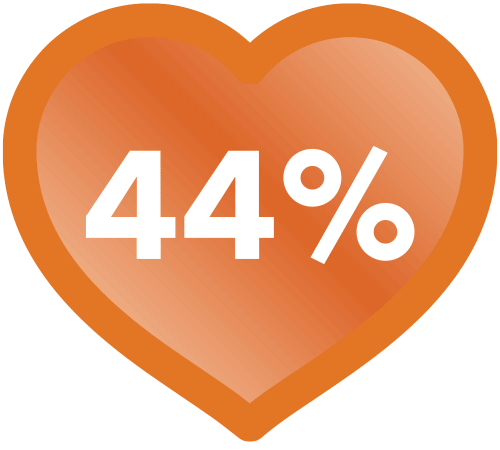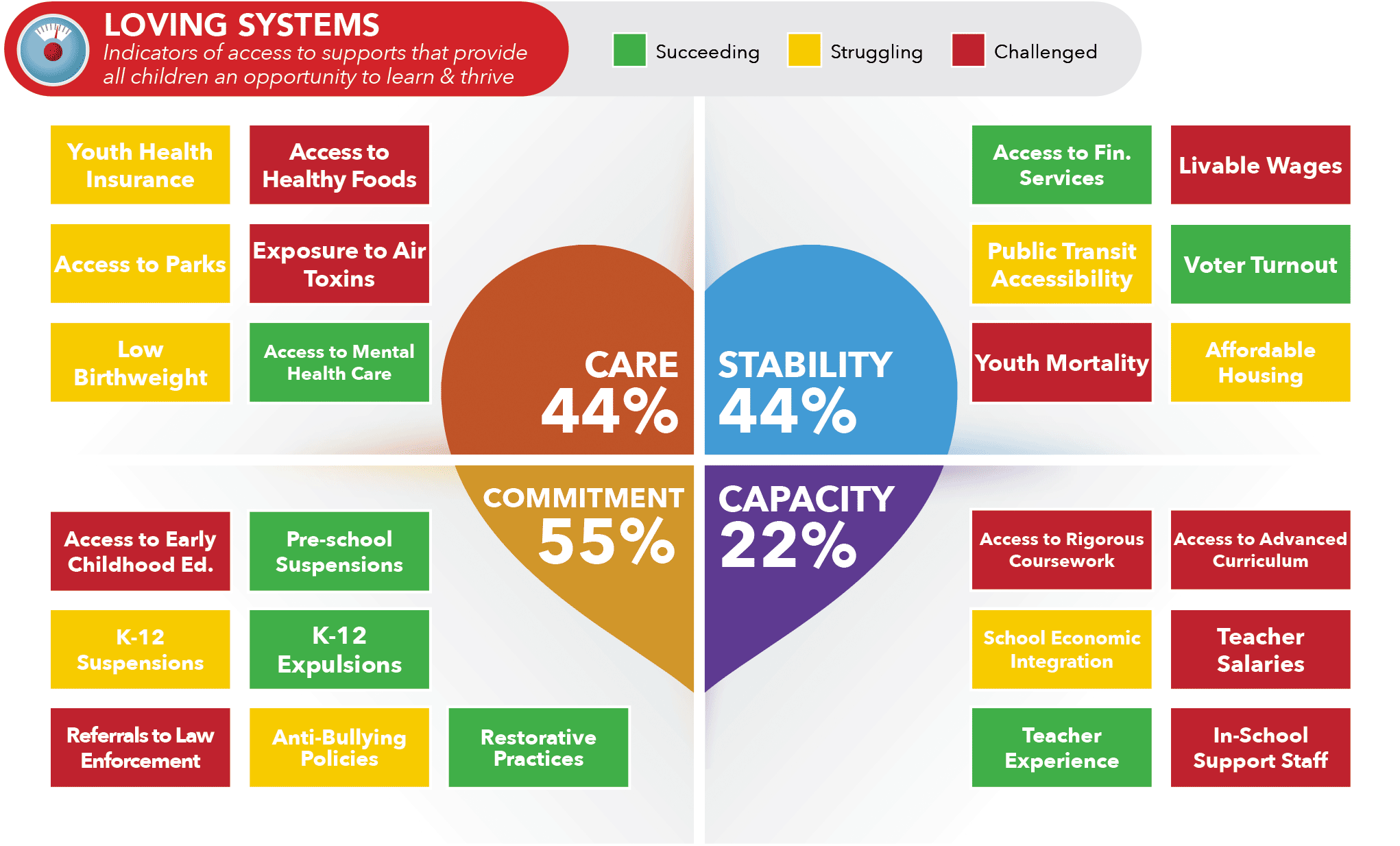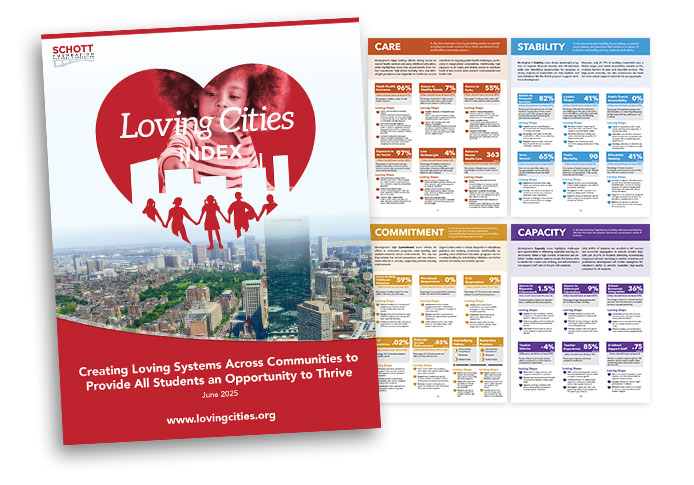Reno, Nevada is a rapidly growing city, blending its rich cultural heritage with innovation and economic expansion. A diverse and expanding population comprises Reno’s 264,000 residents, including 57% White, 25% Hispanic, and 7% Asian individuals. Reno is committed to fostering a thriving, inclusive community. Known as “The Biggest Little City in the World,” Reno’s economy continues to evolve beyond its gaming roots, now embracing technology, higher education, and sustainability-driven industries.


of supports measured
As Reno grows, equity and inclusion remain central to its development. The city is proactively addressing housing affordability, workforce opportunities, and environmental sustainability, ensuring that every resident has the resources and support to thrive. Investments and community-led initiatives in education, workforce development, and public health are expanding access to opportunity, ensuring that every resident has the resources to succeed.
Reno is making significant strides in education, workforce development, and public health, creating pathways for greater economic and social mobility. The city’s growing commitment to equity and inclusion is evident in key indicators that highlight both progress and opportunities for continued investment: Reno’s high school graduation rate is approaching the national average, and 42% of its adults hold an associate degree or higher.
Expand to read more
The Nevada System of Higher Education (NSHE) Workforce Development program collaborates with institutions like Truckee Meadows Community College (TMCC) and the University of Nevada, Reno (UNR) to align education with workforce needs. TMCC has expanded its offerings with bachelor’s degrees in Logistics Operations Management, Emergency Management, and Homeland Security, while UNR has introduced programs in Unmanned Aerial Systems and entrepreneurship to equip students with in-demand skills. Expanding college access and workforce training programs will further improve career readiness and economic opportunity. These ongoing efforts to strengthen education are key to preparing Reno’s students for future success.
Reno’s low unemployment rate reflects economic progress, and initiatives like the City of Reno’s Economic Development Programs and EmployNV further support job growth by connecting businesses with skilled job seekers. The city’s focus on workforce readiness, including healthcare training at TMCC and UNR, ensures residents have access to high-quality, sustainable careers. As 51% of working age households earn a livable wage and 46% of renters have access to affordable housing, Reno’s ongoing efforts to increase wages and enhance housing opportunities will further support its workforce.
Efforts to improve Reno’s air quality and expand healthy food access will contribute to a healthier, more resilient community. Expanding mental health resources will further enhance community well-being.
Reno is actively working to build a more inclusive and sustainable community. By strengthening investments in education, economic empowerment, public health, and infrastructure, the city is poised to create lasting opportunities for all residents.
Reno Indicators

The Community Climate comprises indicators of a city’s current conditions in important areas such as education, economic stability, and public health. While these indicators do not uncover underlying supports or influences in a city, the outcomes provide a picture of a community’s well-being, economic mobility, and equitable opportunities.



